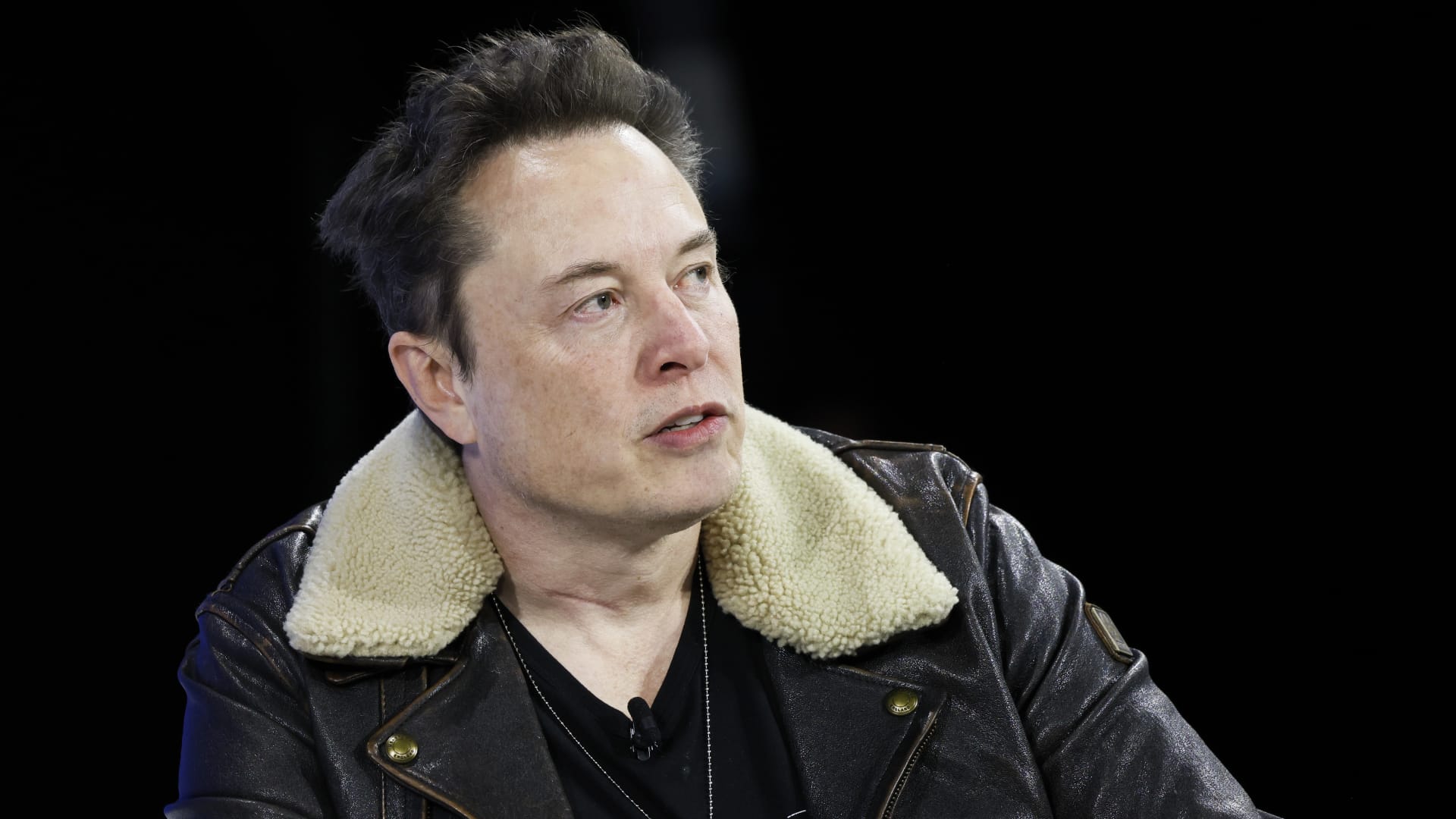Tesla has issued a voluntary recall of nearly 2 million vehicles in the United States to address safety concerns related to its Autopilot system. The National Highway Traffic Safety Administration (NHTSA) found certain circumstances where the Autosteer feature, part of Tesla’s Basic Autopilot package, could increase the risk of collisions. The recall involves Tesla Model S, Model X, Model 3, and Model Y vehicles manufactured since 2012.
The Autosteer feature is designed for use on controlled-access highways, providing steering, braking, and acceleration support. However, NHTSA identified issues with the system’s controls to determine if the driver remains attentive. The agency found that the feature designed to prevent driver abuse may not be sufficient, prompting the recall.
Tesla initiated a software update to address the concerns, with over-the-air updates being provided to affected vehicles. The update includes additional controls and alerts to encourage drivers to adhere to their driving responsibilities while Autosteer is engaged. This involves more prominent visual alerts on the touchscreen, simplifying engagement and disengagement of Autosteer, and additional checks for drivers, especially on controlled-access highways and approaching traffic control.
The recall follows an NHTSA investigation into 11 incidents in 2021 involving Tesla cars with Autopilot and Autosteer, leading to voluntary corrective actions. Tesla shares initially fell but recovered after the announcement.
Automotive safety researchers expressed opinions on the recall, with some suggesting that the measures could help reduce abuse on unsuitable roads, potentially preventing crashes. However, concerns were raised about the effectiveness of additional alarms to prompt driver attention, and experts emphasized the need for drivers to remain an integral part of the driving task, especially as Tesla’s Autopilot system is not fully autonomous.
Tesla has not committed to retrofitting cameras into older EVs lacking them, and questions remain about the effectiveness of in-cabin cameras for driver monitoring. Some experts argue that ensuring drivers remain actively engaged is crucial to the safe operation of assisted driving features. Tesla did not provide additional information in response to media inquiries.







